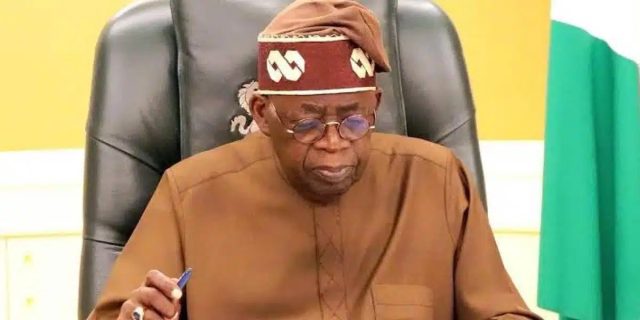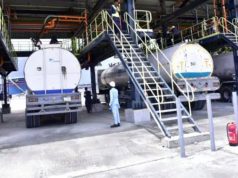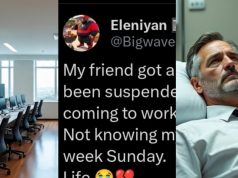Bayo Onanuga, the Special Adviser on Media and Information Strategy to President Bola Ahmed Tinubu, has said to Nigerians to stay hopeful, saying the current economic hardships won’t last forever. According to him, the government’s reforms are starting to yield results, and the impact will soon be felt by everyday citizens.
Speaking with journalists in Lagos, Onanuga noted that while it’s only been two years since Tinubu took office, the administration has made bold policy moves aimed at long-term economic stability.
“The President came in with clear plans,” he said. “We’ve already seen reforms in multiple sectors, and the groundwork for future growth is firmly in place.”
He acknowledged that two years might feel like a long time for people dealing with rising prices and economic stress, but reminded Nigerians that real reform takes time to bear fruit. In many developed countries, he explained, it can take a decade or more before the full effects of economic policies are visible.
One of the most urgent challenges Tinubu faced on taking office, Onanuga said, was the near-collapse of Nigeria’s fuel supply. Before the fuel subsidy was removed, he pointed out, filling stations were running dry, not because of policy but because the government simply couldn’t afford to keep importing fuel.
“NNPC was broke. They owed suppliers nearly $6 billion and the government owed them around ₦4 trillion. Without cash, they couldn’t import any more fuel, and that’s why we were seeing long queues and ‘no fuel’ signs at stations,” he said.
Addressing concerns about rising borrowing, Onanuga stressed that taking loans for development isn’t unique to Nigeria. “Even developed nations like the US rely on borrowing to fund large-scale infrastructure,” he explained, adding that projects like the coastal highway require funding from multiple sources.
He also pushed back against criticism of the naira’s devaluation, noting that countries like the UK and the US have gone through the same process. “Currency devaluation is a normal tool in economic management. It’s not a sign of failure — it’s a strategic decision.”
Despite the challenges, Onanuga pointed out that some positive changes are already visible. Local production is increasing, companies are sourcing materials within Nigeria, and some, like Nestlé and Nigerian Breweries, are turning healthy profits again.
“There are people making good money from exports — things like cocoa and even Zobo,” he said. “The economy has opened up opportunities for those who are ready to adapt and take advantage.”
He concluded by calling for more balanced conversations about Nigeria’s progress.
“We need to stop spreading only stories of hardship and doom. There is context to everything, and people deserve to know that better days are not just a slogan — they’re on the way.”









